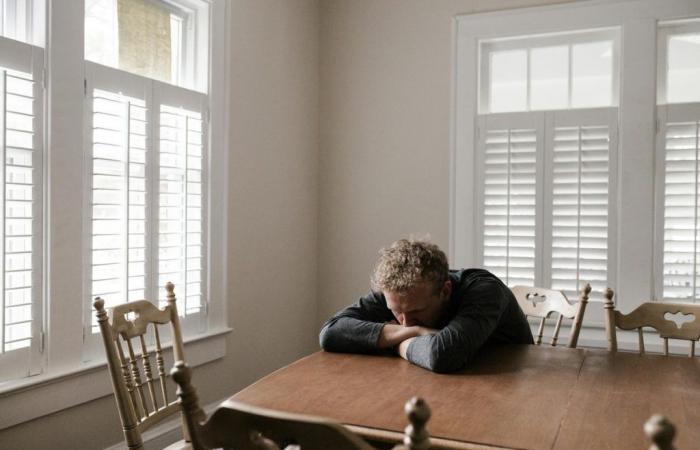Loneliness is no longer seen as a personal problem but has become a public health issue. More and more research shows that a lack of social connections is associated with several diseases and is being considered a risk factor comparable to the damage caused by smoking and obesity. According to the World Health Organization (WHO), social isolation is becoming a true epidemic, affecting one in four adults and between 5 and 15% of young people in all countries.
According to the WHO, loneliness can increase the risk of death by 25%, the risk of dementia by 50% and the risk of cardiovascular disease by 30%. Not surprisingly, the WHO has just created a Social Connections Commission with the aim of recognizing the issue as a global priority and proposing solutions.
Several studies already suggest the impact of loneliness on health, but the subject gained more visibility after the publication of an article showing for the first time that the phenomenon affects young and old people across the planet, from the richest to the poorest countries, in rural areas and urban. The lack of contact with family members or participation in group activities, among other factors, was associated with increased mortality, cardiovascular diseases, stroke and pneumonia.
Last year, a mega-review of studies involving more than 1 million people and published in PLOS One, revealed a 33% increase in mortality from all causes in lonely people, data reinforced by another study, Journal of Aging and Healthwith almost 8 thousand elderly people.
Loneliness is associated with bad habits
This research suggests that people with little social contact exhibit more unhealthy behaviors – for example, they do less physical activity, eat worse, consume alcohol and cigarettes in excess, end up not taking their medications correctly or having routine appointments. Furthermore, there is an impact on self-esteem and a greater risk of mental problems, such as depression and anxiety.
“These studies were based on the so-called ‘blue zones’ (regions on the planet where there are a greater number of elderly centenarians), since in these places social interaction is very relevant and contributes to the longevity of elderly people”, says geriatrician Maysa Seabra Cendoroglo, from the Hospital Israelita Albert Einstein and the Federal University of São Paulo (Unifesp). These elderly people, for example, had groups with responsibilities for friends and colleagues, forming a network.
In this sense, rich countries are managing to create more public policies to face the problem. This is the case of initiatives such as the campaign to end loneliness launched in England, which also has a ministry dedicated to the issue, and the city of Barcelona, which has a plan with well-defined strategies for the coming years.
“Brazil has aged and we are only now realizing this. Unfortunately, there are still restrictions on the participation of elderly people in society and the country can no longer hide behind its welcoming reputation, as studies show that loneliness is a problem here too”, says the expert. “This scenario will only change when older people can be more involved and participate in different jobs and activities.”
Loneliness x social isolation
Although they are similar, they are not the same thing. A person can feel alone even when surrounded by people – scientists attest that both the feeling of loneliness and social isolation itself make people sick.
“Loneliness is inherent to human beings, but it is accentuated when a person does not find anything significant in their context or people who reflect their values”, says the geriatrician at Einstein. “The more social interactions, the less loneliness. The more a person takes risks, the greater the chance of finding affinities and feeling welcomed. This should be a stimulus for new opportunities.”
You can’t always count on your family being around, but it’s always possible to make new contacts and friendships. Therefore, it is recommended to participate in programs of religious communities, sports centers, neighborhood associations and units that offer activities for this public – and even volunteer work, for example.
It is also necessary to ensure the quality of relationships. In this sense, social networks, according to the doctor, can both help and hinder. “While facilitating connections, you need to be careful not to waste time interacting or letting yourself be affected by the opinions of people who add nothing to your life.”
Source: Einstein Agency
Tags: Loneliness linked bad habits greater risk death understand Behavior
--





